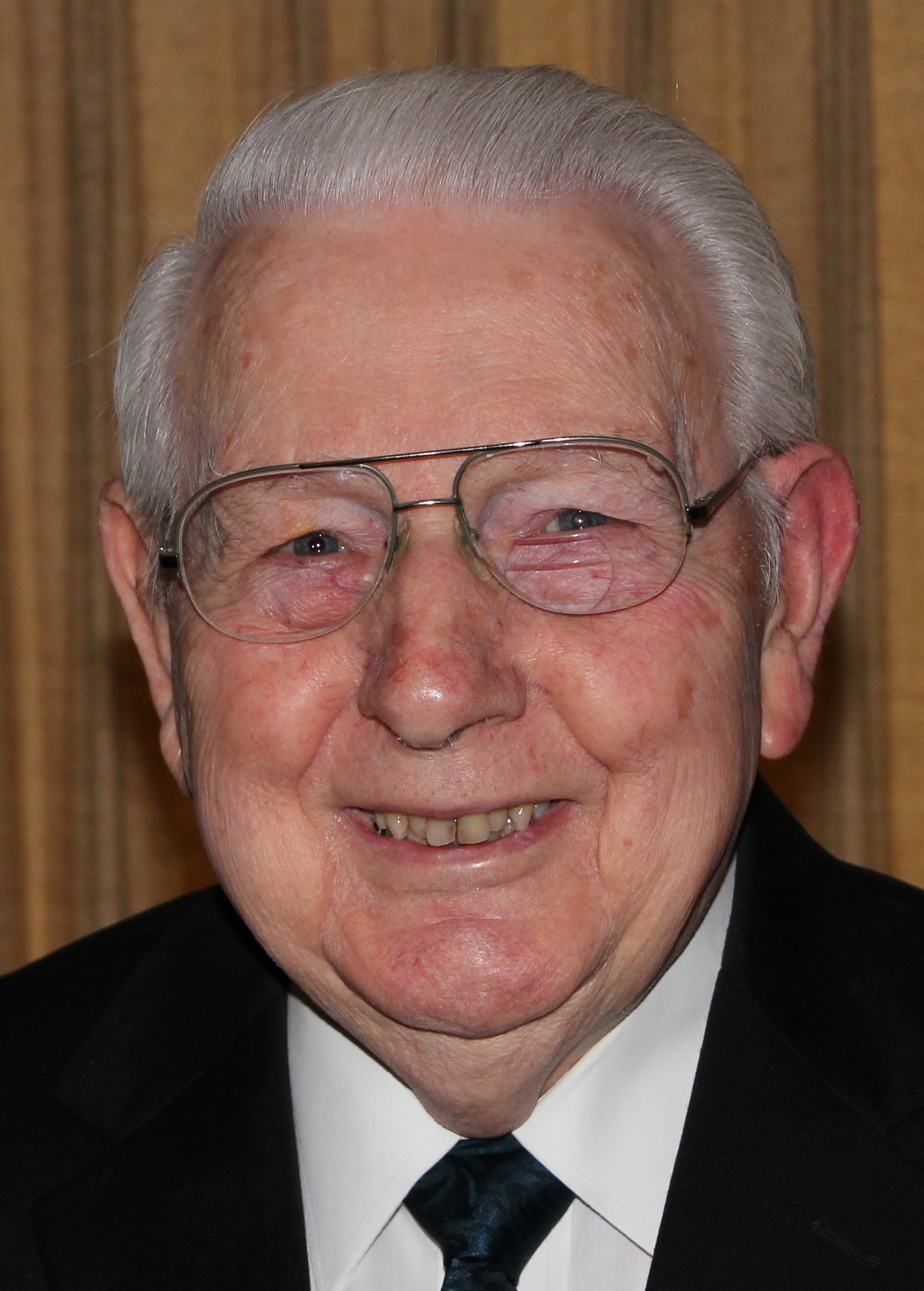 January 28, 2016 (Thursday)
January 28, 2016 (Thursday)
PBS has a new program called, “Mercy Street.” The story takes place during the Civil War. I was intrigued by a short conversation in the drama between Aurelia (a runaway slave working as a laundress) and Samuel (a free black laborer). Aurelia had been raped, was greatly upset, and Samuel sensed something was wrong and tried to comfort her. Here’s what he said to her: “I don’t know much, but I do know what hurt looks like, and one thing about hurtin’ is, it’s best not to do it alone.” He saw her pain and attempted to help.
Many times we see the suffering of others and do nothing. The Book of James addresses that situation in James 4:17, “Remember, it is sin to know what you ought to do and then not do it” (NLT).
The Bible teaches us that there are two kinds of sin, “sins of commission” and “sins of omission.” The story of the Good Samaritan illustrates both kinds of sin. A traveler was robbed, beaten and left for dead. That was a sin of commission. Two very religious people passed by on the opposite side of the road, ignoring the dying man. Theirs was the sin of omission. Thankfully, another traveler, a Samaritan, stopped and helped. Jesus told that story to make the point that every suffering person in need of our help is our responsibility. Whenever we consciously and willfully refuse to show compassion for hurting people, we sin.
Henry Wadsworth Longfellow, in “The Legend Beautiful,” gave us the poetic tale of a monk who, alone in his room, was praying when he had a vision of Jesus clothed in light as He had appeared by the Sea of Galilee, performing miracles and blessing people. He was enraptured in spirit, but suddenly was interrupted by the call of beggars outside asking for their evening portions of food at the monastery. He was torn between staying with Jesus or sharing the bread, but decided to do his duty and feed the hungry. When he returned to his room Jesus was still there and said, “”Hads’t thou stayed, I must have fled!”
When we stand before our Lord at that great judgment, He will reward those who heeded the call of needy and hurting people. The great works of humankind will fade in importance when compared with having visited the sick or imprisoned, having sheltered the homeless and shivering, or having sustained the hungry and thirsty. These things are important to the Lord; they should be important to us, too.
(THE MESSAGE)
31-33 “When he finally arrives, blazing in beauty and all his angels with him, the Son of Man will take his place on his glorious throne. Then all the nations will be arranged before him and he will sort the people out, much as a shepherd sorts out sheep and goats, putting sheep to his right and goats to his left.
34-36 “Then the King will say to those on his right, ‘Enter, you who are blessed by my Father! Take what’s coming to you in this kingdom. It’s been ready for you since the world’s foundation. And here’s why:
I was hungry and you fed me,
I was thirsty and you gave me a drink,
I was homeless and you gave me a room,
I was shivering and you gave me clothes,
I was sick and you stopped to visit,
I was in prison and you came to me.’
37-40 “Then those ‘sheep’ are going to say, ‘Master, what are you talking about? When did we ever see you hungry and feed you, thirsty and give you a drink? And when did we ever see you sick or in prison and come to you?’ Then the King will say, ‘I’m telling the solemn truth: Whenever you did one of these things to someone overlooked or ignored, that was me–you did it to me.’
